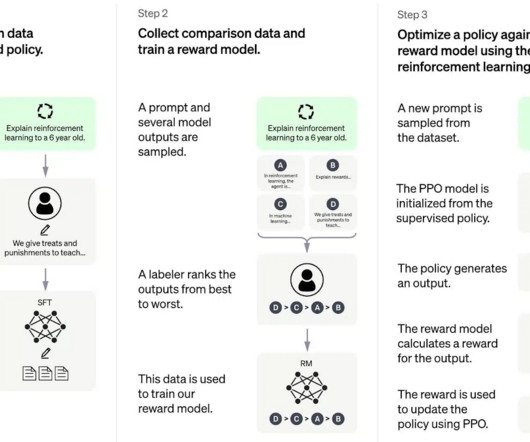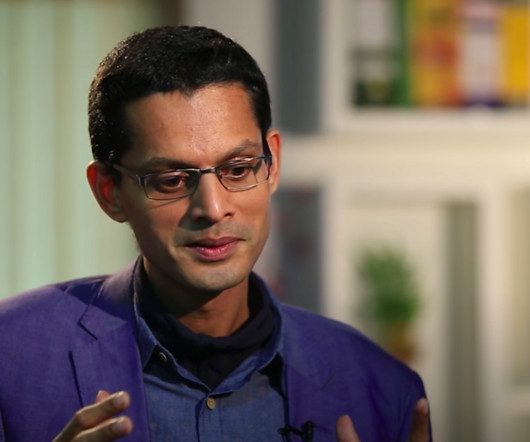SPACs: A Double-Edged Sword
LexBlog IP
JULY 6, 2021
Recently, a growing number of companies are choosing to go public by merging with Special Purpose Acquisition Companies (“SPACs”) instead of going through a traditional Initial Public Offerings (“IPOs”). After the SPAC IPO, the sponsors place the funds raised in a trust. By: Haodi Dong.













Let's personalize your content